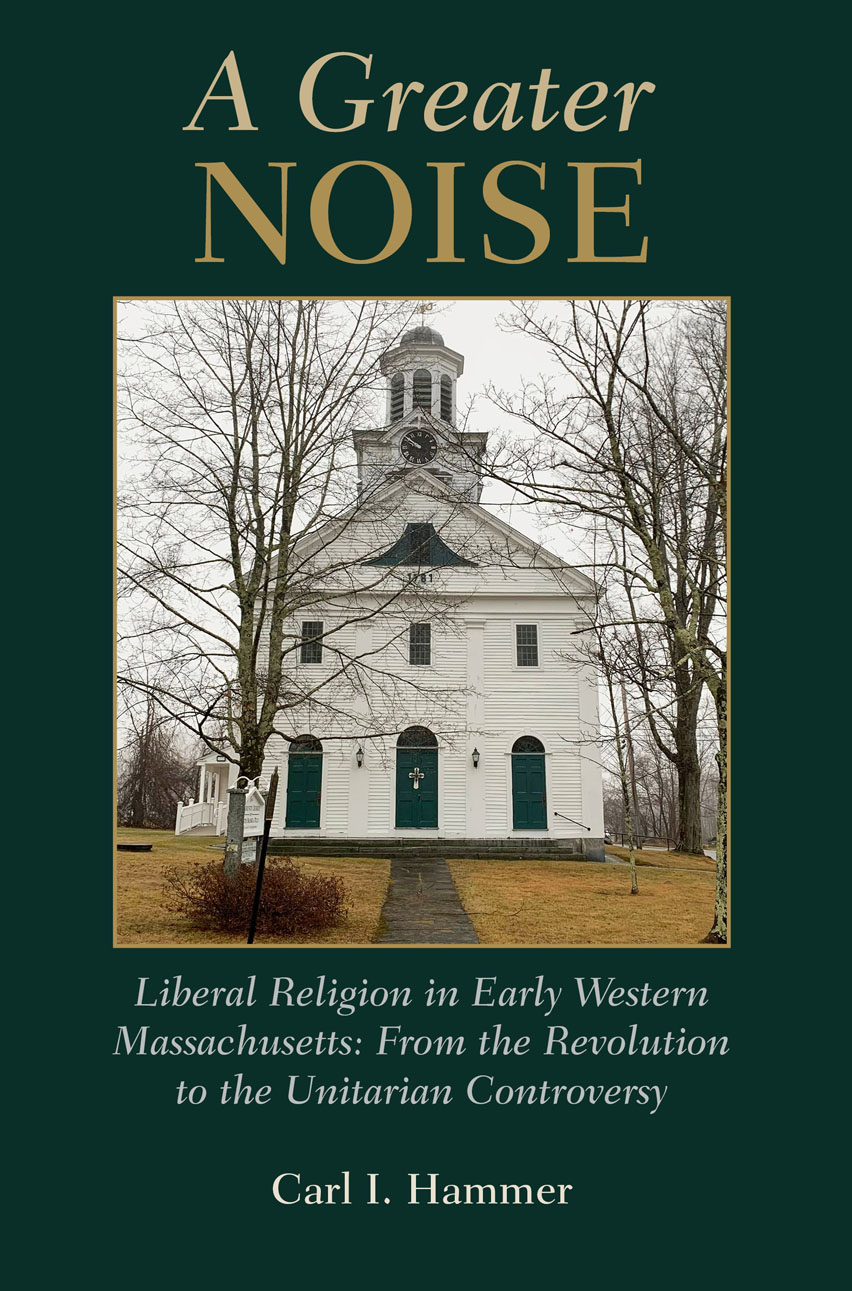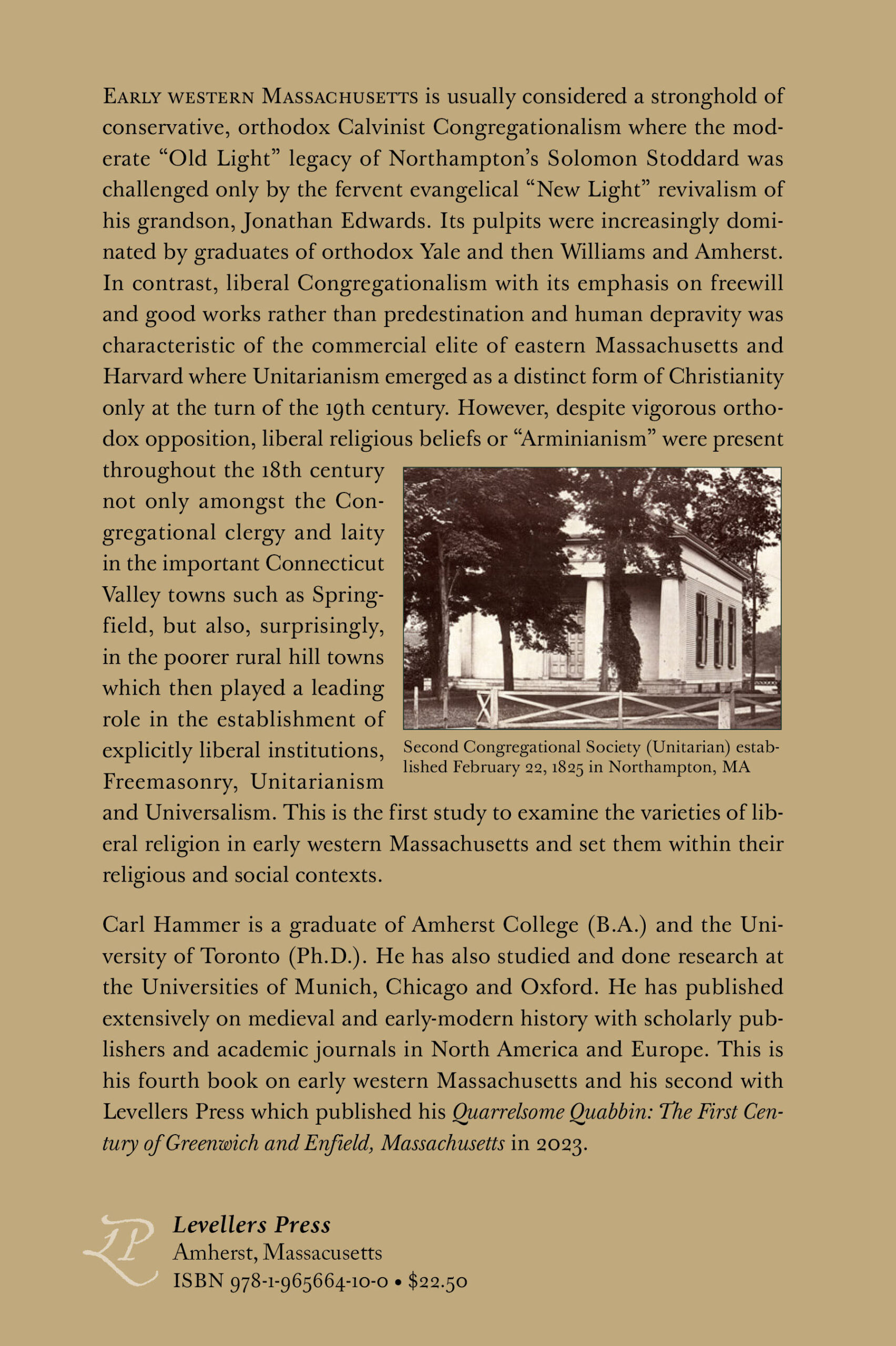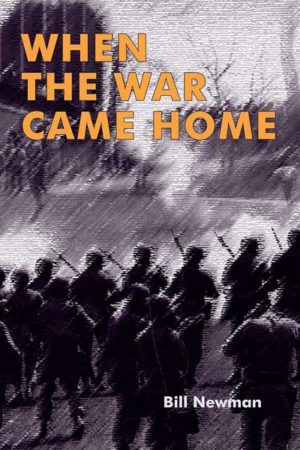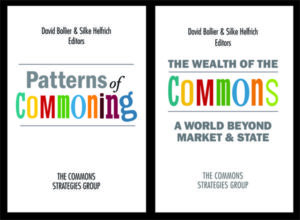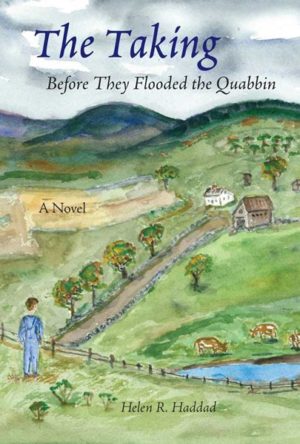Liberal Religion in Early Western Massachusetts: From the Revolution to the Unitarian Controversy
Early western Massachusetts is usually considered a stronghold of conservative, orthodox Calvinist Congregationalism where the moderate “Old Light” legacy of Northampton’s Solomon Stoddard was challenged only by the fervent evangelical “New Light” revivalism of his grandson, Jonathan Edwards. Its pulpits were increasingly dominated by graduates of orthodox Yale and then Williams and Amherst. In contrast, liberal Congregationalism with its emphasis on freewill and good works rather than predestination and human depravity was characteristic of the commercial elite of eastern Massachusetts and Harvard where Unitarianism emerged as a distinct form of Christianity only at the turn of the 19th century. However, despite vigorous orthodox opposition, liberal religious beliefs or “Arminianism” were present throughout the 18th century not only amongst the Congregational clergy and laity in the important Connecticut Valley towns such as Springfield, but also, surprisingly, in the poorer rural hill towns which then played a leading role in the establishment of explicitly liberal institutions, Freemasonry, Unitarianism and Universalism.
Carl Hammer is a graduate of Amherst College (B.A.) and the University of Toronto (Ph.D.). He has also studied and done research at the Universities of Munich, Chicago and Oxford. He has published extensively on medieval and early-modern history with scholarly publishers and academic journals in North America and Europe. This is his fourth book on early western Massachusetts and his second with Levellers Press which published his Quarrelsome Quabbin: The First Century of Greenwich and Enfield, Massachusetts in 2023.


